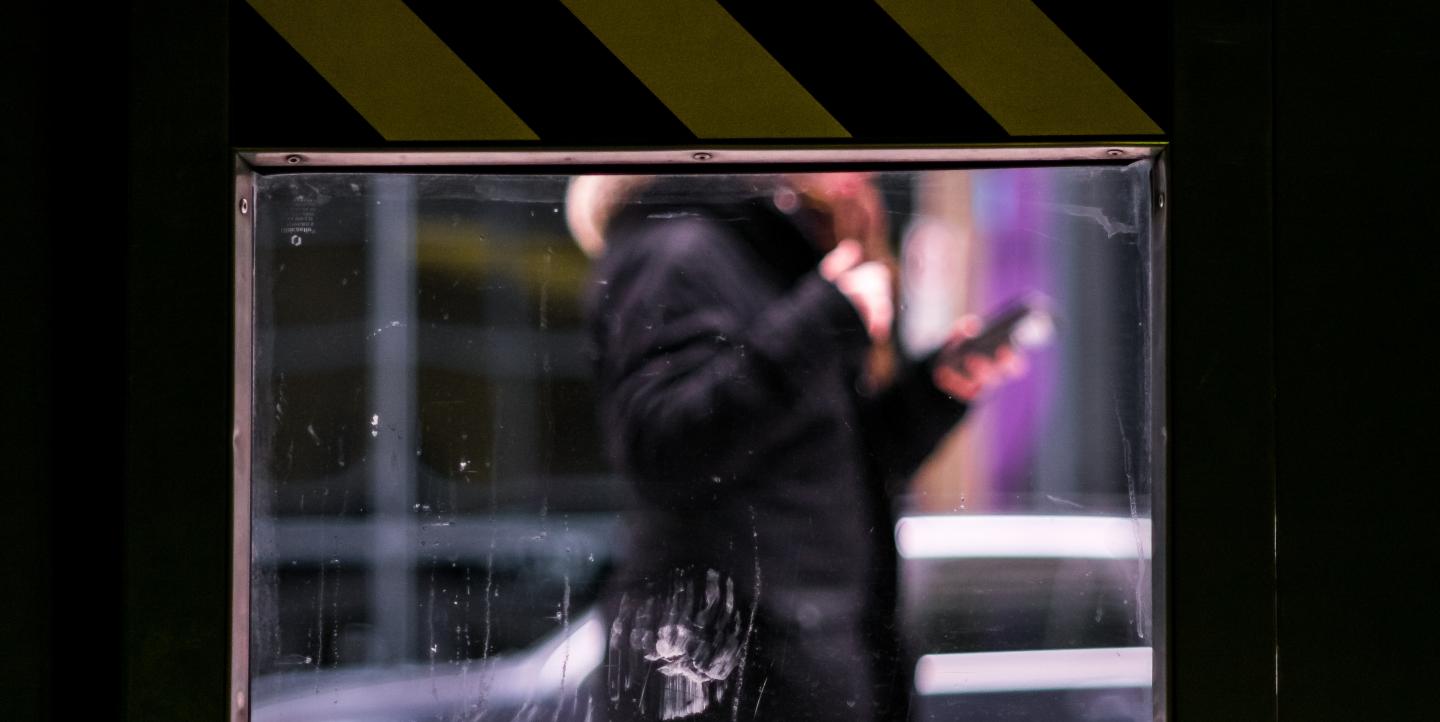On October 16, 2017, Maltese journalist Daphne Caruana Galizia was killed in a car bomb. At the time, the 53-year-old journalist was investigating crime and corruption.
Today, a team of 45 journalists from 18 news organizations worldwide is working to make sure this attempt to silence her stories will have been in vain with the launch of the Daphne Project, a series of articles completing her investigations.
“You killed the messenger. But you won’t kill the message,” said Laurent Richard in a recent article published in The Guardian.
Richard is an investigative filmmaker and the founder of Forbidden Stories — a project of Freedom Voices Network — which led the global, collaborative investigation.
You killed the messenger. But you won’t kill the message. #DaphneProject @FbdnStories https://t.co/rUK8JjD9yQ
— Laurent Richard (@laurentrichard0) April 16, 2018
“We are not an advocacy group; we are not here to defend the rights of journalists,” said Richard. “We are just journalists thinking that the information should get to the audience.”
In 2015, Richard worked next door to Charlie Hebdo, a satirical publication in Paris, and he was the first person on the scene following the terrorist attack that took the lives of 12 journalists. The experience was traumatic for Richard, but it also inspired a strong commitment to the stories of journalists who are killed.
He began working on the project as a Knight-Wallace fellow at the University of Michigan. He teamed up with Jules Giraudat and Rémi Labed, French investigative journalists that he knew from working in French media. The team launched the project in September 2017.
The work of Forbidden Stories is threefold: to highlight stories of journalists who were jailed or killed using short videos; to protect the documents and sources of investigative journalists who are working on sensitive topics; and to produce long-term, collaborative investigations — the first of which is the Daphne Project.
There are currently three short videos on Forbidden Stories’ site, each focusing on the work of Mexican journalists who were killed in 2017. More journalists were killed in Mexico in 2017 than anywhere else in the world.
“They are local journalists — not necessarily working for big news organizations — and they often live far away, so they are in very tricky positions,” said Giraudat. “The idea was to enlighten these issues and try at the same time to make our project known in Mexico.”
The team has put systems in place for journalists currently working on sensitive topics to share their documents and notes with Forbidden Stories, as well as information about their sources and threats they’ve received.
If journalists fear for their safety or are concerned about their ability to complete their investigation, there are three methods in place to send messages or documents to Forbidden Stories. The first, SecureDrop, is an encrypted, open-source tool the Freedom of the Press Foundation designed for whistleblowers. Journalists can also use encrypted emails or Signal, an open-source, encrypted, mobile messaging app.
Journalists can either advertise the fact that they shared their work, sending a message to potential predators that they are impossible to silence, Giraudat explained. Or they can opt to share them silently, informing no one of their decision.
The Forbidden Stories team will not share or publish the information unless something happens to the journalist who shared it.
The idea behind sharing documents is twofold: it ensures that important investigations are completed and it deters violence against journalists.
Richard explained that once a story has been backed up, it discourages violence against the journalists that are investigating since intimidating them will not halt the publication of the story.
“That’s also a way for us to try to make them benefit from our press freedom,” said Labed. “To try to extend the press freedom that we have to journalists who might not enjoy it in the countries where they are.”
Their ability to continue the work of endangered journalists and conduct large-scale investigations relies on their funding — they are a nonprofit that relies on donations and foundations’ support. Omidyar Network is currently one of their largest funders.
In March, Forbidden Stories the grand prize for “Journalism Project of the Year” at the annual French Journalism Summit.
As the Daphne Project hits the international stage today, published in outlets like Le Monde, The Times of Malta, The Guardian and others, Richard hopes Forbidden Stories will gain more international recognition.
“I’m very impressed by the commitment and the quality of the work by all the partners involved,” said Richard. “We definitely need to believe in this way of defeating censorship.”
Main image CC-licensed by Unsplash via David Larivière.


